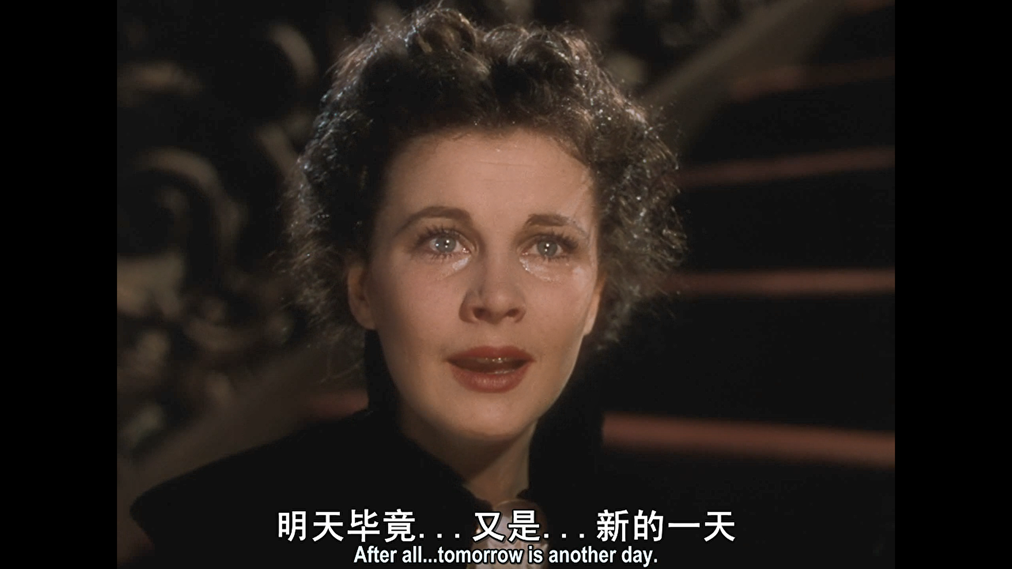每日外闻19
The Myth of the Strong Leader - by Archie Brown
Most casual observers of history probably don’t have a great deal of (许多) familiarity with the story of Adolfo Suárez.
We can see from the book that leaders like Suárez, who served as prime minister of Spain from 1976 to 1981, possess leadership styles and capacities that are incredibly effective, and depressingly rare in our society.
After General Francisco Franco’s death in 1975, tensions were high. The country had just emerged from nearly four decades of authoritarianism (独裁主义), and faced a number of possible futures—many of them bloody. Suárez, who had come from the right-wing Franco regime (政权,体制), could have tried to rule through intimidation (恐吓,威胁)and exclusion (排斥). Instead, he made it a priority to bring the left-wing leaders of the Communist and Socialist parties into the fold (放在首位). Through negotiation, persuasion, and some very adroit (敏捷的,灵巧的) coalition-building (联盟构建), he convinced those around him of the importance of democracy and pluralism (多元化,多元主义), staving off (躲开) a military coup (军事政变) and eventually creating the constitutional monarchy (君主政体) that exists today. At one point, Suárez convinced the parliament (国会,议会) that was appointed under Franco—at that time, the “old elite”—to abolish itself to make way for elected parties. For scholars of leadership, it’s hard to imagine a better illustration of skill than that.
The story of Suárez is one of a series of case studies that animate (使…充满生气) Brown’s book and make it an important and unusual read. Whereas most books about political leadership are chronologies (年表;年代学), mapping the rise and fall of leaders over time, this one is more of a taxonomy (分类). Brown takes a deep look at the traits (特质) and tendencies leaders exhibit, and the categories they fall into, as a way of understanding the egos (自我), motivations, and behaviors responsible for so much progress, and so much suffering, in the world. Throughout, he presents a new way to think about today’s challenges—and the people we entrust (委托,托付) with solving them.
Brown’s core argument is exactly what his title suggests: despite a worldwide fixation (异常依恋,痴迷) on strength as a positive quality, strong leaders—those who concentrate power and decision-making in their own hands—are not necessarily good leaders. On the contrary, Brown argues that the leaders who make the biggest difference in office, and change millions of lives for the better, are the ones who collaborate, delegate, and negotiate—the ones who recognize that no one person can or should have all the answers (没有一个人能拥有所有答案).
To make his case, Brown sorts successful leaders into two categories. “Redefining” leaders radically change the political landscape, not by “[seeking] centre ground” but by “[moving] the centre in their direction.” Brown puts Franklin Delano Roosevelt and Lyndon Baines Johnson in this category, because several of their signature achievements (标志性成就)—FDR’s New Deal, and LBJ’s War on Poverty and dedication to civil rights—have had a major and lasting impact on American society. We tend to think of these men as strong leaders, and in many ways we’re right. But Brown shows a different side of the story: because of the checks and balances (制衡) of the American political system, neither FDR nor LBJ had the ability to govern by fiat (命令). Their strength lay in their power to persuade—to convince their colleagues in government, and the American people, to understand and support their point of view.
“Transformational” leaders, Brown argues, go a step further, by fundamentally transforming the political or economic system itself (政治或者经济体系本身). If you’re dismayed (失望的) at how rare it is for an American president to reshape our political or economic system, as many voters today seem to be, consider that the last transformational American leader, in Brown’s analysis, was Abraham Lincoln. Transformational leaders are the ones, like Suárez, who leave their country a completely different place than they found it. In this category, Brown lists Charles de Gaulle, Mikhail Gorbachev, Deng Xiaoping, and Nelson Mandela.
These qualities can be boiled down (归结) to a belief, on the part of the leader, that he or she—and usually he—is the only one who knows what the country needs, and the only one who can deliver it.
Though The Myth of the Strong Leader is about political leadership, you come away from Brown’s analysis with a deeper understanding of leadership in general.
Through my work in the business world and at the foundation, I’ve seen firsthand how ineffective and even dangerous it can be when leaders make decisions alone—and how much good we can do when we work together. Good leaders will challenge themselves, bring in fresh thinking and expert advice, and not only invite but seriously consider opposing viewpoints.
好的领导者会合作听取别人的意见,他们不仅欢迎别人提出相反的意见,还会认真的考虑这些相反的意见,在听取了广泛的意见之后再做出决策。这和瑞·达利欧的《原则》中三坚持的原则:“优秀想法至上”,即 idea meritocracy,而不是权力至上,有异曲同工之妙。
avid : 狂热的,贪婪的
See you tomrrow












